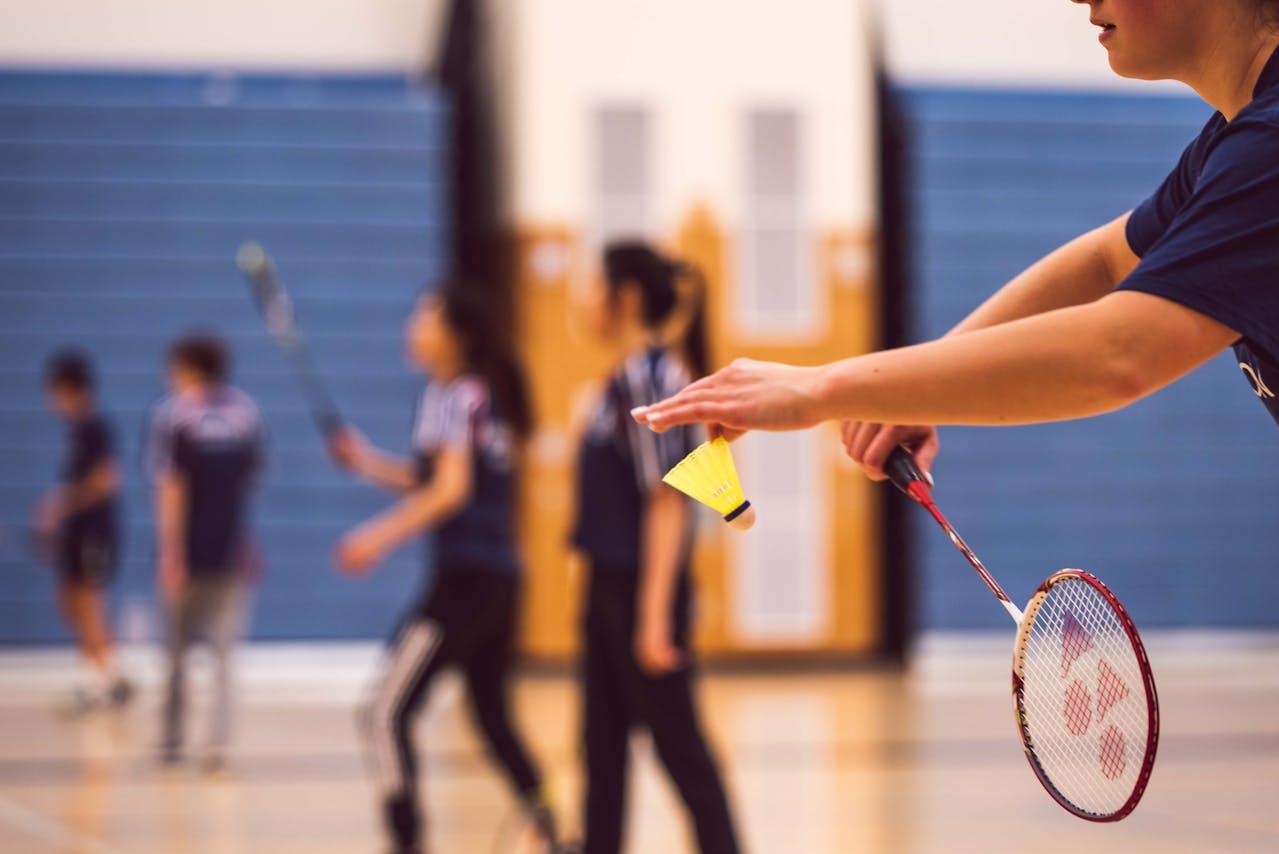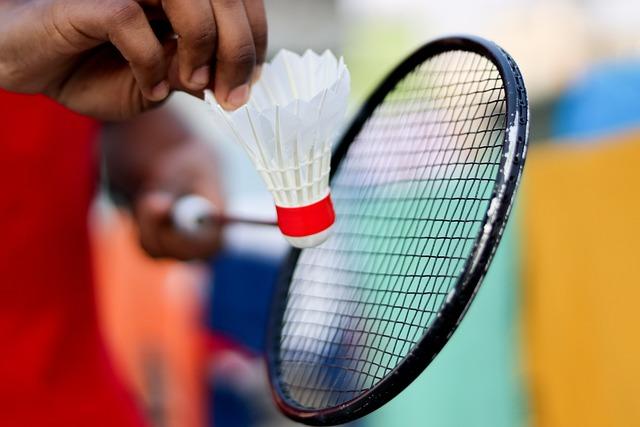Understanding the History of Badminton Badminton is a type of racquet sport played by either two opposing players (singles) or two opposing pairs (doubles), where the players' positions are opposite in a square court divided by a net. This sport is played using a racquet to hit the shuttlecock over the net. While it can[…]
3 May 2023∙6 minutes to read
Smash Your Way into Badminton Excellence
Badminton is more than just Malaysia’s favourite pastime — it’s a fast, fun, and dynamic sport that builds agility, strength, and teamwork. Here, we bring you everything you need to know about badminton — from mastering your first serve to learning advanced footwork and match strategies.
Whether you play casually with friends or dream of competing like Malaysia’s top shuttlers, our blog offers expert insights, practical tips, and inspiring stories from experienced players. You can also connect with qualified badminton coaches through Superprof to take your skills to the next level. So, grab your racket, lace up your shoes, and let’s get ready to play smart, fast, and confidently on the court!
The Benefits of Playing Badminton 🏸
Badminton holds a special place in the hearts of Malaysians — it’s not just a sport, but a way of life. From school courts to national arenas, the game brings people together while offering a host of physical and mental benefits.
Here’s why badminton is such a fantastic sport for everyone:
-
Boosts cardiovascular health: Constant movement, quick sprints, and lunges make badminton an excellent cardio workout that strengthens your heart and improves endurance.
-
Improves agility and reflexes: With rapid rallies and fast-paced shots, your body learns to react quickly — sharpening reflexes, coordination, and balance.
-
Enhances muscle strength: Every swing, jump, and pivot helps tone your legs, arms, and core muscles.
-
Reduces stress: The energetic pace releases endorphins, helping you unwind and clear your mind after a busy day.
-
Encourages social connection: Whether you’re playing doubles with friends or joining a local club, badminton builds camaraderie and teamwork.
The best part? It’s accessible to people of all ages. From young kids to seniors, anyone can pick up a racket and have fun while staying active.
How to Start Learning Badminton as a Beginner 🤔
If you’re new to badminton, getting started is easy — all you need is enthusiasm, basic gear, and a good place to play. Here’s how to begin your badminton journey in Malaysia:
💵 Get the right equipment
You don’t need to spend a fortune. A good beginner racket, shuttlecocks, and proper court shoes will do. Look for lightweight rackets that make it easier to control your shots and reduce wrist strain.
🐾 Learn the basics
Start with the fundamentals — how to grip the racket, serve properly, and move efficiently across the court. It’s also helpful to familiarise yourself with basic scoring rules and game etiquette.
👟 Focus on footwork
In badminton, your feet are your foundation. Good footwork helps you reach shots quickly and return to position smoothly. Practise short, quick steps to maintain stability and speed.
🏃♀️➡️ Build stamina and consistency
Play regularly, even casually, to build endurance. You can also complement your practice with simple workouts like jogging, skipping, or strength training to improve performance.
🏅 Learn from a coach
A qualified coach can make a world of difference — correcting your techniques, improving your strategy, and helping you progress faster.
Whether you’re in Kuala Lumpur, Penang, or Johor Bahru, Superprof can connect you with passionate badminton coaches near you. They’ll guide you through every smash, drop shot, and rally to help you reach your full potential.
Badminton is more than just a game — it’s a journey of fitness, fun, and personal growth. So step onto the court, feel the rhythm of the game, and let Superprof help you find your perfect badminton coach today!


